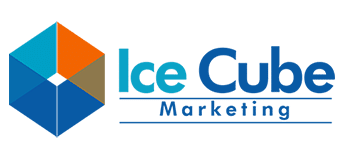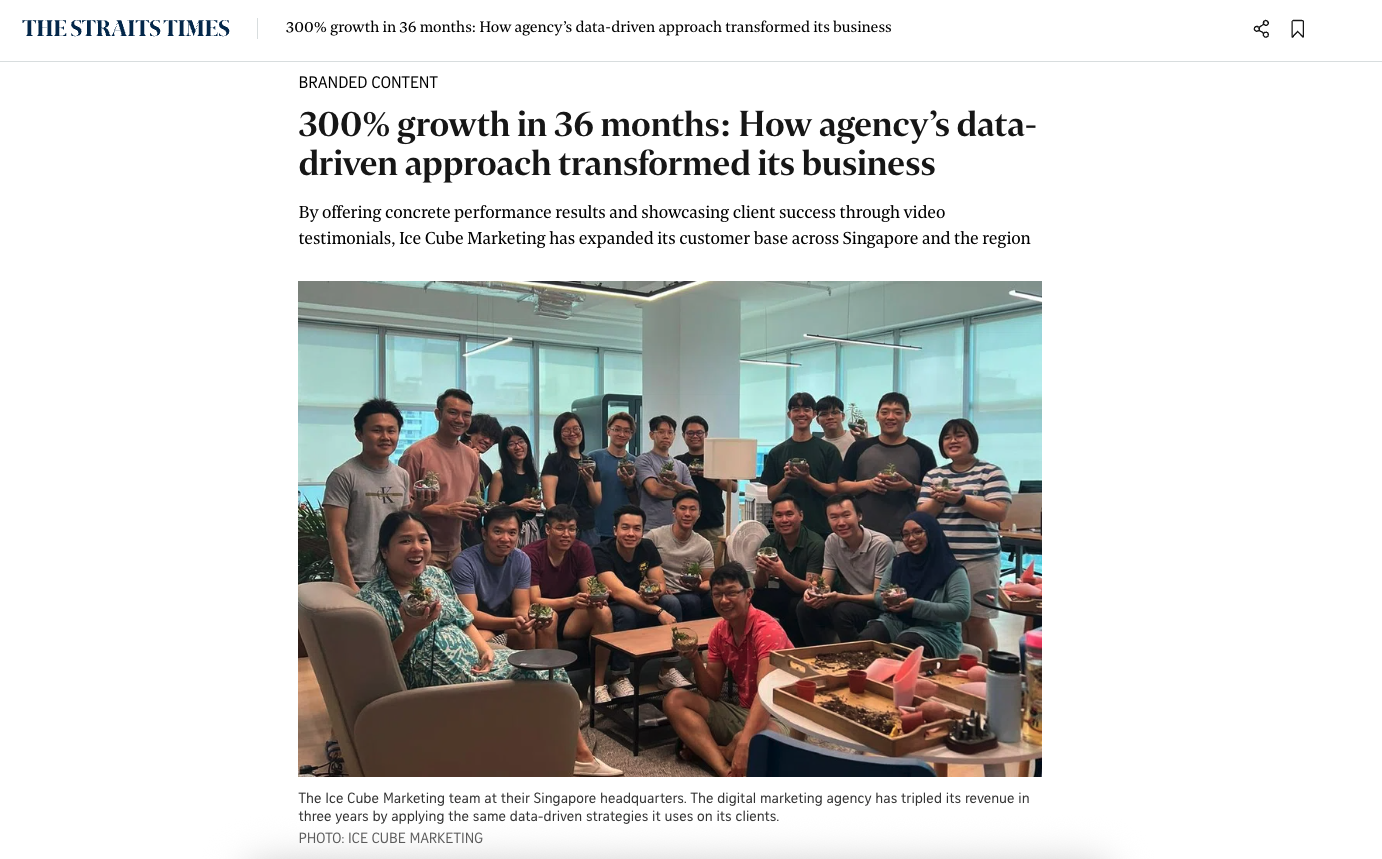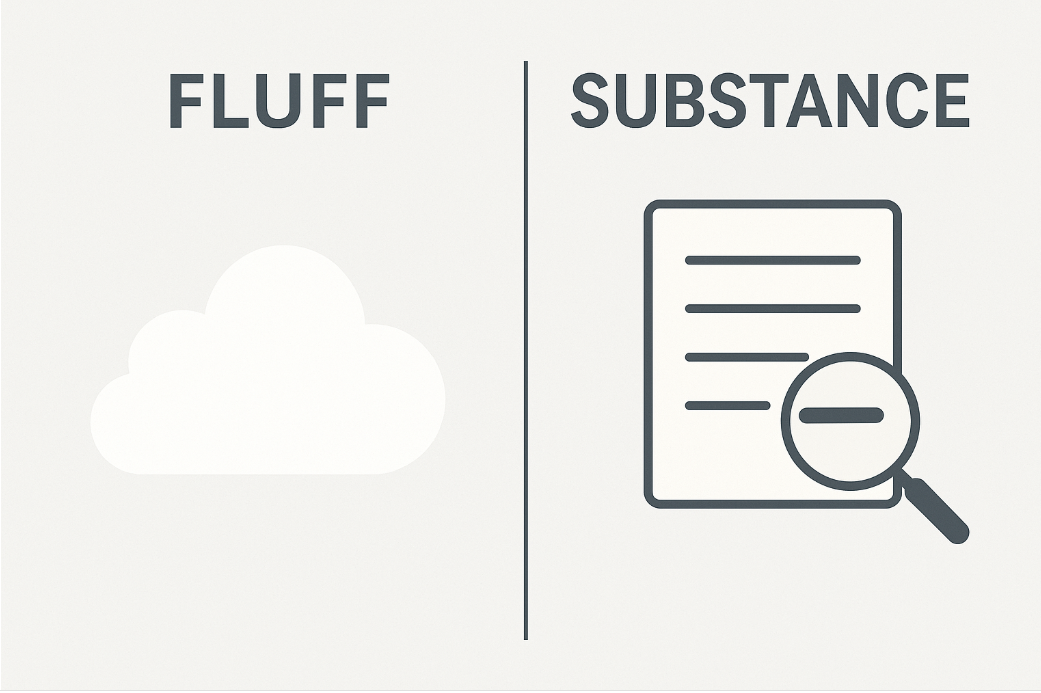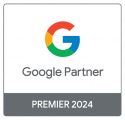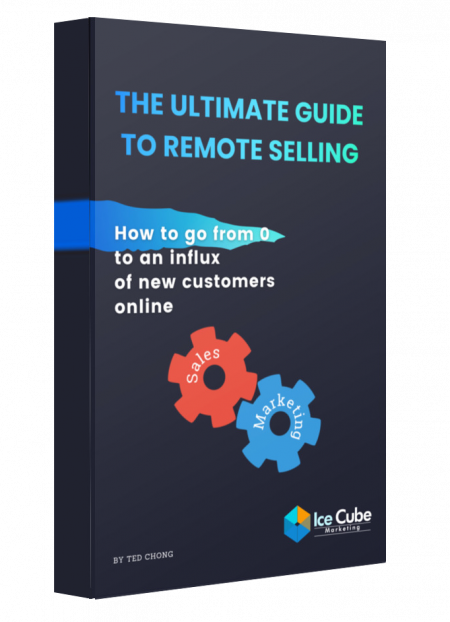Have you noticed that when you click on an ad of a particular business, your Facebook newsfeed suddenly populates with other ads for similar products or services? For example, if you clicked on an ad promoting aircon repair, the next thing you know, you see a lot of ads from other aircon repair companies in Singapore as well. Facebook’s algorithm labels you as someone interested in aircon repair, which is why you keep seeing those ads.

Understanding Facebook’s Ad Classification System
On the advertiser’s side, Facebook is also always classifying ads. They do not read your ads manually—it is done by machines or AI. These machines read your ads and group you into categories with similar advertisers. Think of it like a factory sorting material for recycling: they put all the plastic together, all the metal together, and all the glass together. There is no option to tell Facebook what category your ad belongs to; they make the decision by analyzing your ads themselves. If you are an aircon repair company, they lump you with other aircon repair companies. If you are a tuition center, they classify you with other tuition centers, and so on.
This system is supposed to be efficient. It matches supply (advertisers) with demand (users), creating synergy and generating ad revenue. However, problems arise when there are too many advertisers in the same category. There are too many aircon ads, too many tuition ads, and so on. Your competitors are probably all on the Facebook platform, or the Google platform, where a similar situation occurs.
From the user’s perspective, they are bombarded with the same type of ads repeatedly. As a result, they get frustrated, annoyed, and begin to ignore all the aircon ads. As advertisers, we start to experience higher costs. After a while, it feels like our company has been blacklisted by Facebook. Even if you try different targeting settings, it is futile. Facebook has already sorted you into a particular category. No matter how much you change your targeting, it doesn’t work. I have literally seen this happen dozens of times in different industries.
The only survivors in the market are those with a strong brand name, like Daikin or Gain City, where people click on their ads because of familiarity. Otherwise, you need a very strong USP or low prices to get attention. For the other advertisers in the middle, they get banished because they don’t get any clicks. When your ads fail to get clicks, Facebook doesn’t want you as an advertiser because it negatively impacts the user experience. This is why the cost of advertising goes up.

The Ugly Duckling Method
So, how do we get out of this vicious cycle? By using what we call the “ugly duckling” method. The idea is that you don’t want Facebook to throw you into the same pile as your competitors. If you are in the same pile, it is hard to stand out. It is like walking into a street with an entire row of dumpling shops. As a consumer, how are you going to choose? You can’t.
Instead, you want to make Facebook categorize you differently. Going back to the recycling factory analogy, if your product is plastic, you don’t want Facebook to lump you into the plastic category. Because if you are with a hundred other plastics, how are you going to stand out in the Facebook newsfeed? Marketing is all about standing out and cutting through the noise. Instead, you want Facebook to classify you into a different category.
Let’s say you are a plastic product, and you get classified into the woods category. This means you are the only plastic out of 100 other woods. Ask any marketer, and they will tell you this is a fantasy come true. That’s why we call it the ugly duckling approach. You are the only swan among a flock of 100 other ducks, which means you want to be the ugly duckling. It is easy to stand out and be different. It is like being the only burger shop in a desert. However, if you are plastic, you don’t want to be thrown into a category that is too far off, like metal. You want to be assigned to a closer category, like wood or silicon. If you are metal and get matched to a metal audience, it will be too hard to make it work.

Implementing the Ugly Duckling Approach
What does this mean in reality? Let’s say you are an aircon repair business. You don’t want to be categorized with all the other aircon companies and get matched to an audience that is tired of aircon ads. If so, your ads would get condemned. Instead, you want to be classified in a close but different category.
For example, you could try to get Facebook to assign you to the smart home appliance category. This includes smart vacuum robots, smart refrigerators, and other smart appliances connected to the internet. These types of ads will be matched to a tech-savvy audience—people who are early adopters of technology, which is very different from the typical aircon audience. This way, your aircon ads will be refreshing and appealing to them instead of annoying. The thing is, Facebook doesn’t give you the choice. They classify you automatically. You have to signal to the algorithm through the ads that you publish by emphasizing the smart features of the aircon.
In a nutshell, the ugly duckling approach requires you to strategically and deliberately get your business mixed in with other types of businesses, just like the ugly duckling. You don’t want to get mixed in with similar businesses. You don’t want to be the white swan thrown together with other swans. You want to be the white swan placed with the ducks instead. This way, it will be easy to stand out.
Overcoming the Challenges
As you can imagine, the most challenging part of the ugly duckling approach is not standing out among the ducks. It is easy to stand out as a swan if you are among the ducks. The most challenging part is getting assigned to the group of ducks as a swan. This is because the Facebook algorithm is essentially a black box, and the exact ways in which it categorizes advertisers are not disclosed. From our data, the ad messages you publish play a significant part in the categorization process. Once you successfully get Facebook to categorize you as the “ugly duckling,” the chances of getting a good ROI are very high.
If you find yourself struggling with high advertising costs and low engagement on Facebook, consider the ugly duckling approach. By strategically positioning your ads to stand out in a different category, you can break free from the competition and capture the attention of a fresh audience. This unconventional method may be the key to unlocking better results and achieving a higher return on your advertising investment.
